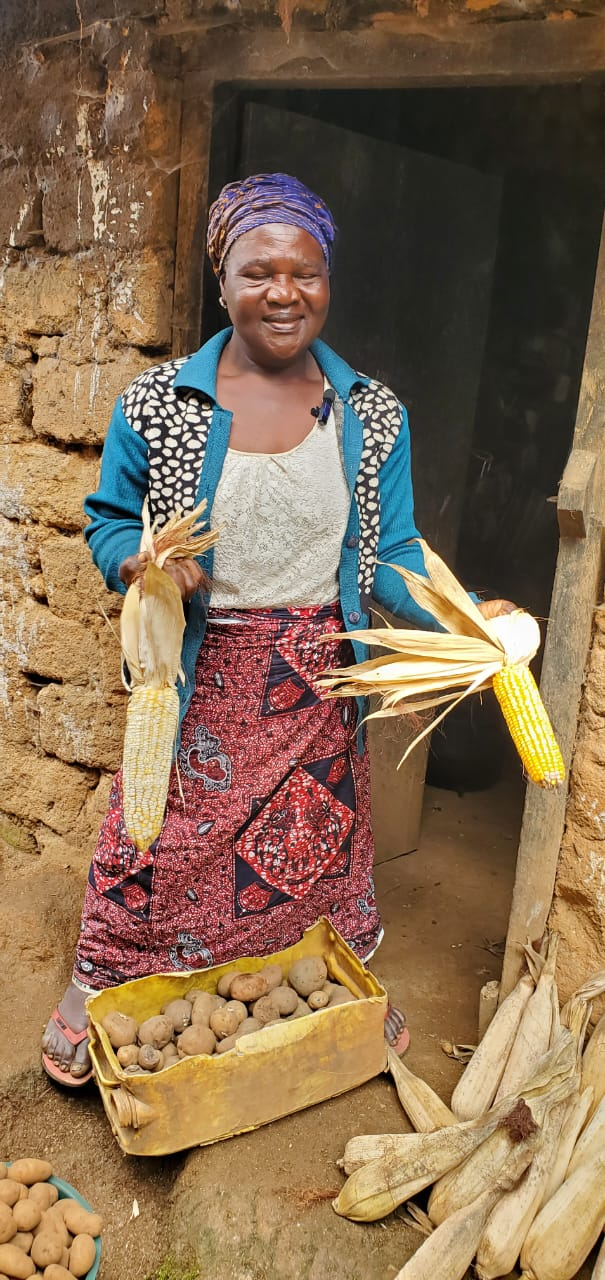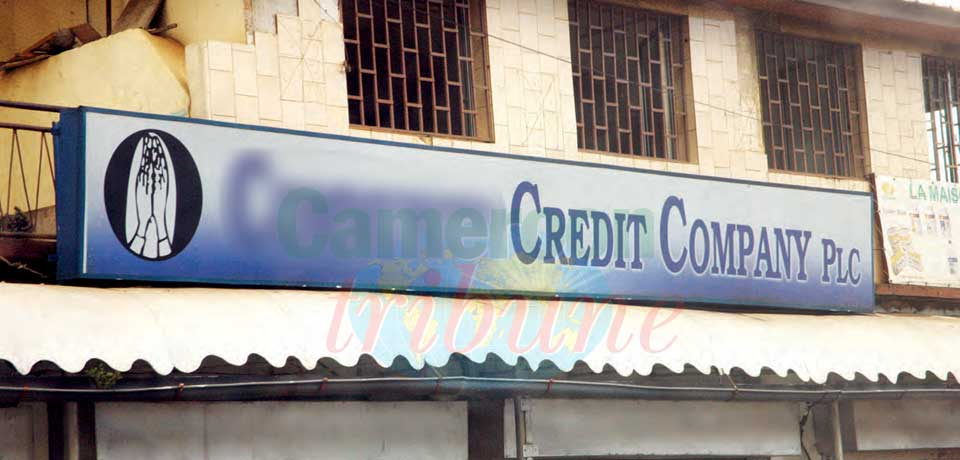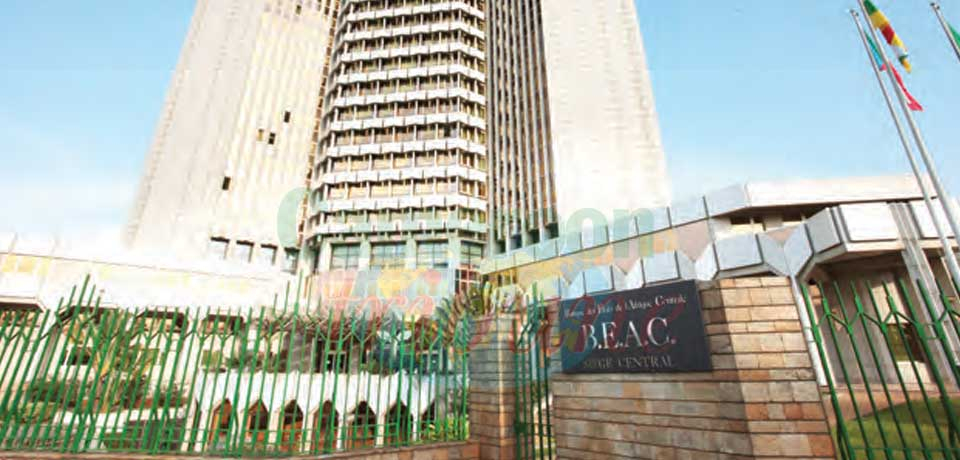Climate Crisis : Empowering Communities To Drive Adaptation, Policy
- Par Kimeng Hilton
- 13 Sep 2023 19:19
- 0 Likes

The workshop on advocating climate adaptation policies and actions in Cameroon ended in Yaounde on September 13, 2023.
“We would like community leaders to go back home and work with their people to define climate change adaptation strategies for their communities. Amongst the workshop participants were farmer leaders who can work with other farmers to identify the climate risks and vulnerabilities they face; and the strategies to enhance their resilience and adapted capacities. This was the main outcome of the workshop,” Eugene Nforngwa commented in Yaounde on Wednesday, September 13, 2023. The workshop was on locally and community-led adaptation initiatives for communities to be in the driving seat of adaptation and policy at the local level.
Training Farmers, Youth, Women
The Lead Expert on Just Transition and Energy Access with the Pan-African Climate Justice Alliance, PACJA, spoke at the end of a two-day workshop on “Capacity-Strengthening of Faith-Based Organizations, Small-Scale Farmers, Youth, and Women Groups in Advocating for Climate Adaptation Policies and Actions in Cameroon.” The training was organized by the African Coalition for Sustainable Energy and Access, ACSEA.
Questioning Policies
“We also look forward to have a group of people who can question policies developed by the government and other stakeholders who are active in their spaces, including Non-governmental Organizations, NGOs. Sometimes NGOs come to communities with flawed solutions. If there are informed people in such communities, they will be able to question these solutions before they cause more harm,” Nforngwa explained.
Involving Communities
“We will work with communities to design the next phase of the “Bio Fertilizer, The Need of the Hour in Agriculture in the Face of Climate Change Crises: Building Resilience and Adaptive Capacities of Farmers in Donga-Mantung Division, North West Region of Cameroon Using Bio Fertilizer” project we are currently implementing. The project helps communities to strengthen adaptive capacity and build resilience through the use of bio fertilizer. These communities will participate more actively in the design and implementation of the next phase of the project,” he promised.
Upscaling, Expanding The Project
“We have already identified a few places with strong interest in the project. The project is being implemented in two subdivisions of Donga-Mantung - Ndu and Nkambe. But we saw interest from Ako and Nwa Subdivisions. In expanding the project, we would like to begin with Ako and Nwa Subdivisions. In Ndu and Nkambe Subdivisions where we presently operate, we will increase the number of villages to benefit from the project,” the
Lead Expert on Just Transition and Energy Access disclosed.
“We hope to work with 1,000 farmers in the next phase of the project - from Donga-Mantung Division; and possibly parts of neighbouring Bui Division. In the long term, the plan is for us to expand to other divisions of the North West Region; and if possible, the South West Region,” Eugene assured.
Touching, Transforming Lives
He said the focus of the African Coalition for Sustainable Energy and Access in Cameroon is to implement projects that directly benefit communities. “Our work for many years has focused on influencing policies and decisions at national and international levels. This is the very first time we are doing a project that is transforming the lives of people. Our goal is to go beyond the bio fertilizer project to include renewable energy solutions. So that farmers can use a combination of bio fertilizers and solar energy to improve soil fertility, water management and irrigation systems on their farms,” Eugene Nforngwa noted.
Roll-out For Next Planting Season
The next phase of the “Bio Fertilizer, The Need of the Hour in Agriculture in the Face of Climate Change Crises: Building Resilience and Adaptive Capacities of Farmers in Donga-Mantung Division, North West Region of Cameroon Using Bio Fertilizer” project
will see expansion in terms of the number of people and communities assisted. But also the in the range of actions undertaken on the field, Nforngwa said. “We hope to launch the new project phase in the next planting season (2024). We will begin the feasibility and baseline studies in December 2023, and complete training before the next planting season. So that farmers will begin practising the new skills they would have acquired,” he assured.
Cameroon’s Response To Climate Change
During the workshop, Prof. Bring of the Ministry of Environment, Nature Protection and Sustainable Development, talked on “Cameroon’s Climate Change Adaptation and Resilience Strategy.” He said responses to climate change have focused on the mitigation of greenhouse gas emission sources and adaptation through the development of population resilience.
Several Areas Concerned
According to Prof. Bring, Cameroon’s priorities on adaptation to climate change concern several areas – agriculture, energy, infrastructure and population resilience. Cameroon seeks to promote climate-smart agriculture to build resilience and improve investments in adaptation. And build community resilience to the adverse effects of climate change through improved access and connectivity, and food storage. While strengthening the value chain in agriculture. Under energy, the objective is to ensure sustainable energy supply and certify the climate resilience of energy infrastructure. As well as guarantee energy security, Bring pointed out.
Climate-resilient Infrastructure
According to Prof. Bring, Cameroon is building climate-resilient infrastructure - rail systems, airports and seaports - through the integration of adaptation and resilience measures to improve sustainability. And to support regional infrastructure, improve trade and strengthen the resilience of regional transport corridors. And ensure the resilience of urban and rural transport systems.
Population Resilience
Government seeks to strengthen community resilience to the adverse effects of climate change through improved access and connectivity, and food storage. Develop human skills sensitive to the challenges of climate change and strengthen social solidarity. Establish a mechanism for monitoring adaptation to climate change specific to local vulnerabilities, and contribute to eliminating extreme poverty, Bring noted.
Economy, Development
Concerning the economy and development, Cameroon aims to increase investments aimed at moving towards resilient development. Strengthen the mobilization of the necessary resources for financing adaptation. And support the promotion of circular economy initiatives and support job creation in the waste recycling sector, Prof. Bring said.
Tackling The Global Threat
Climate change is the defining crisis of our time and it is happening even more quickly than we feared. But we are far from powerless in the face of this global threat. As UN Secretary General Antonio Guterres pointed out in September, “the climate emergency is a race we are losing, but it is a race we can win.”
None Spared
No corner of the globe is immune from the devastating consequences of climate change. Rising temperatures are fueling environmental degradation, natural disasters, weather extremes, food and water insecurity, economic disruption, conflict, and terrorism. Sea levels are rising, the Arctic is melting, coral reefs are dying, oceans are acidifying, and forests are burning. It is clear that business as usual is not good enough. As the infinite cost of climate change reaches irreversible highs, now is the time for bold collective action.
Billions of tons of CO2 are released into the atmosphere every year as a result of coal, oil, and gas production. Human activity is producing greenhouse gas emissions at a record high, with no signs of slowing down. According to a ten-year summary of UNEP Emission Gap reports, we are on track to maintain a “business as usual” trajectory.
Rising Temperatures
The last four years were the four hottest on record. According to a September 2019 World Meteorological Organization (WMO) report, we are at least one degree Celsius above preindustrial levels and close to what scientists warn would be “an unacceptable risk”. The 2015 Paris Agreement on...
Cet article complet est réservé aux abonnés
Déjà abonné ? Identifiez-vous >
Accédez en illimité à Cameroon Tribune Digital à partir de 26250 FCFA
Je M'abonne1 minute suffit pour vous abonner à Cameroon Tribune Digital !
- Votre numéro spécial cameroon-tribune en version numérique
- Des encarts
- Des appels d'offres exclusives
- D'avant-première (accès 24h avant la publication)
- Des éditions consultables sur tous supports (smartphone, tablettes, PC)














Commentaires